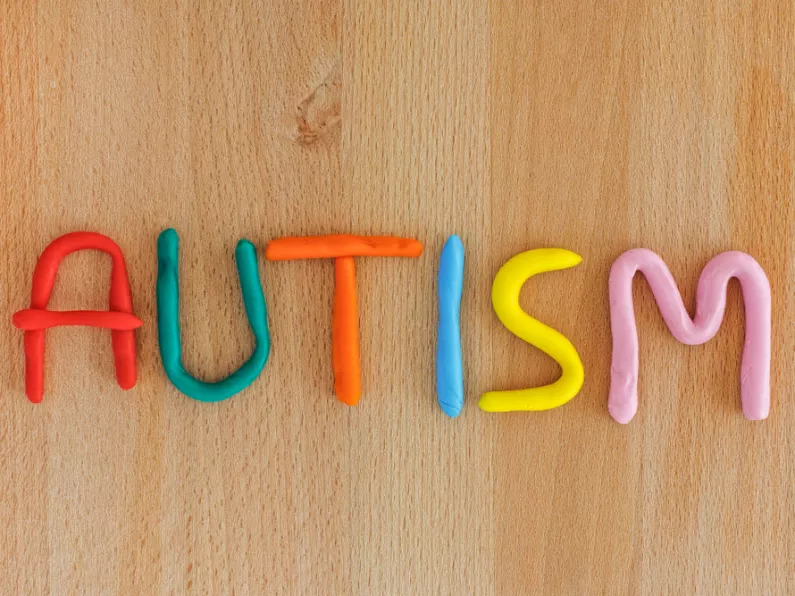Starting intervention and coaching parents of autistic toddlers as early as 18 months leads to better gains in language, social communication, and daily living skills, researchers have found.
The findings from researchers from Children's Hospital of Philadelphia (CHOP), Florida State University (FSU), and the University of California, Los Angeles (UCLA) were recently published in the journal Autism.
While prior studies provided strong evidence for the benefits of early intervention in autism, many are correlation studies rather than randomized controlled studies that can provide more conclusive results.
Additionally, prior research has not demonstrated an ideal age at which to begin interventions.
"Many of us in the autism community say earlier is better, but we actually do not have enough high-quality evidence for that, so a randomized controlled trial like this one helps address that issue," said lead author Whitney Guthrie, PhD, a clinical psychologist with the Department of Child and Adolescent Psychiatry and Behavioral Sciences and the Division of Developmental and Behavioral Pediatrics and researcher at CHOP's Center for Autism Research.
Earlier intervention leads to better gains for autistic children
Researchers used the Early Social Interaction (ESI) model, a parent-implemented intervention for toddlers diagnosed with autism that provides a framework to support a child's development in social communication and active engagement.
It also is a framework for parents as they receive both group education and individualized coaching to incorporate evidence-based strategies into everyday activities in the family's natural environments.
In this study, families received both group and individual conditions but were randomized as to whether the Individual-ESI intervention coaching began when the toddlers were 18 months old or 27 months old.
A total of 82 toddlers and their parents participated in the study, conducted at Florida State University and the University of Michigan.
The study found that children who received individualized ESI coaching earlier showed greater gains in use and understanding of language, social use of communication skills, and self-help skills.
Additionally, the findings were specific to the intensive and individualized parent-coaching model, compared with the group-education treatment.
"This study provides research findings that show starting just nine months earlier, at 18 months versus 27 months, makes a difference in the child's progress. And that makes sense because this is during a period in which a child's brain is developing the most rapidly, in the first two years of life. That doesn't mean they won't continue to learn later, but by providing these interventions even earlier, they have the greatest chance of having the most impact," said Amy Wetherby, Director of the Autism Institute at Florida State University.
American Academy of Pediatrics
This study highlights the importance of the recommendation of the American Academy of Pediatrics that all children are first screened for autism at 18 months, which is critical to get started earlier with intervention, Wetherby added.
It's hoped that the results "will stimulate discussions among governmental agencies about how to get children into services faster, perhaps by not waiting for formal diagnoses but requiring an eventual diagnosis at some point, and also by providing more and better reimbursed diagnostic services."
The researchers also wants frontline workers who might be the first to see the children - like pediatricians, primary care physicians, speech-language pathologists and occupational therapists - to be able to admit children into programs.
This study was supported by the National Institute of Mental Health and the Eunice Kennedy Shriver National Institute of Child Health and Human Development.
The research was also supported in part by the funding from Autism Speaks and the Simons Foundation.







